Consequences
There is no sugarcoating this. As temperatures soar and weather patterns shift as a result of burning fossil fuels, the human body will be bombarded by challenges caused by severe heat, pollution, pathogen spread and wildfires. The World Health Organization estimates that climate change will kill 5 million people between 2030 and 2050 from malnutrition, malaria, diarrhea and heat stress. By 2100, climate change will have caused 83 million excess deaths.
We have the knowledge and technology to limit the rise in temperature, but so far we have failed. At our current rate of warming, Earth’s average temperature will exceed the 1.5° C threshold established in the 2015 Paris Agreement by 37% in 2030 and 103% in 2040.
This stark reality poses an urgent call to action for the healthcare sector to elevate its climate leadership over the next 10–20 years. This means not only training medical residents on climate-related diseases, but also drastically reducing the carbon footprint of the medical field.
Climate change is one of the greatest threats to health America has ever faced—a true public health emergency
The American Medical Association and the American Academy of Nursing
